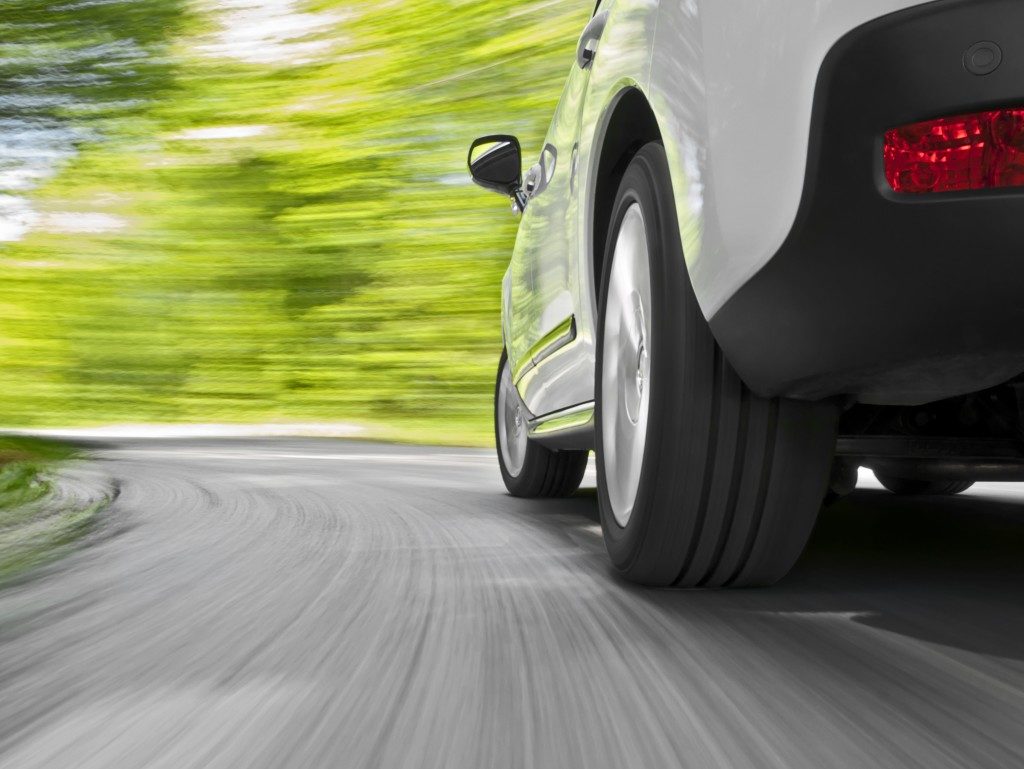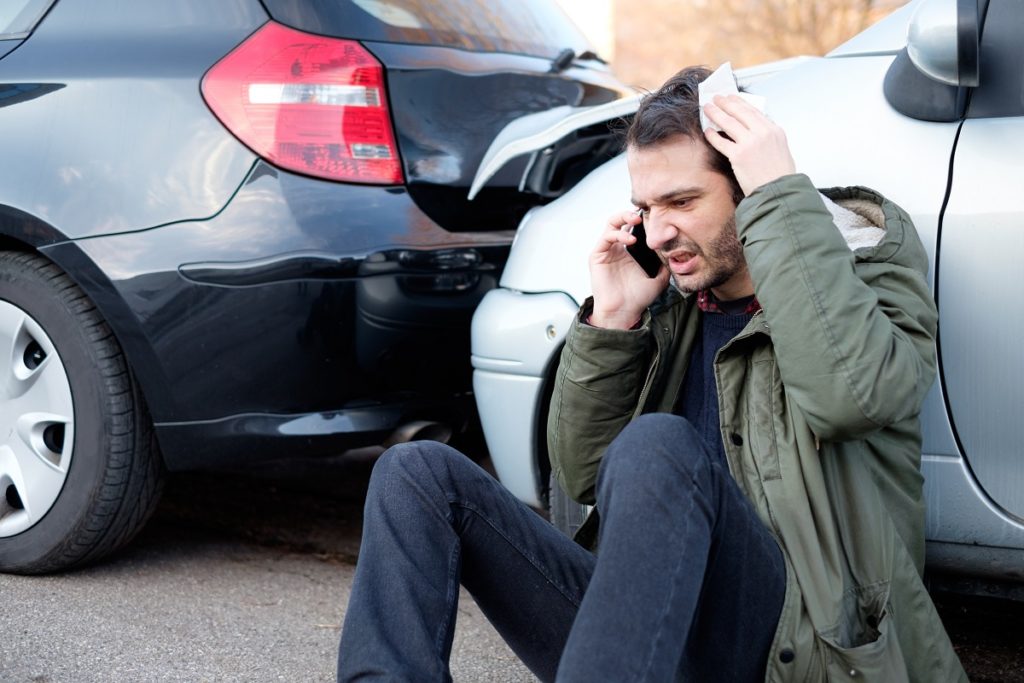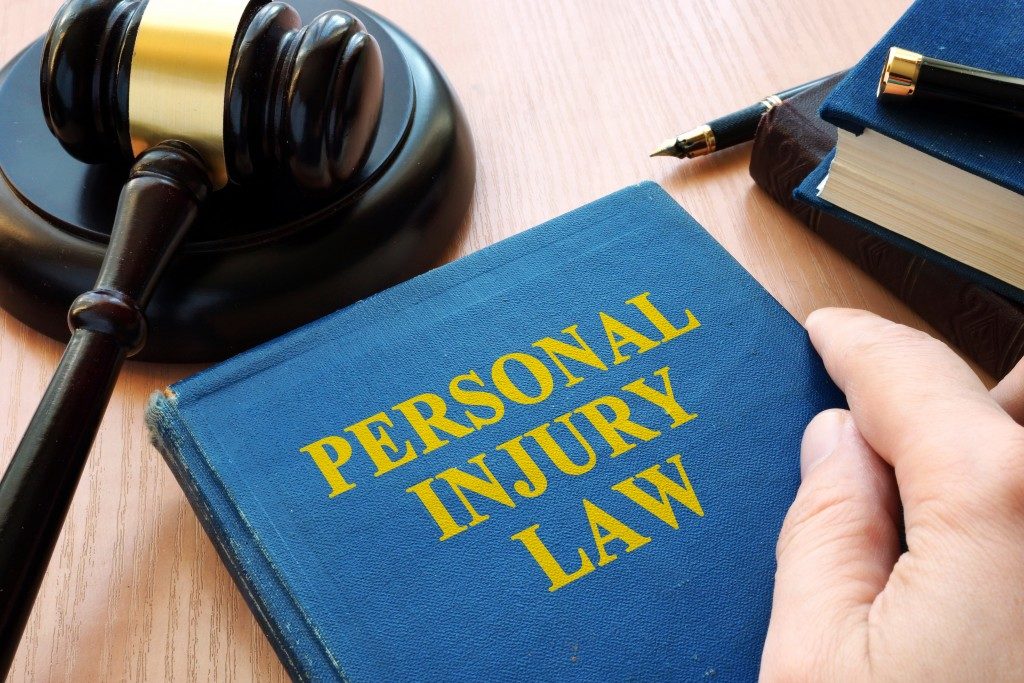Putting your sleep-deprivation behind the wheel places everyone in danger, and yet, 60% of the U.S. population has admitted to driving while exhausted. According to DrowsyDriving.org, drowsy driving is just as bad as drunk driving. Being awake for 24 hours poses the same danger as a .10 blood alcohol concentration–.02 above the legal limit.
In four years, 4,400 collisions and more than 5,000 fatalities have been caused by drowsy driving. This does not include those who dismiss it as distracted driving or intoxication.
Drowsy driving in young drivers
According to the National Sleep Foundation, drivers from the age of 18 to 29 are more susceptible to this kind of accident. This is caused by "sleep debt," an occurrence caused by the accumulation of hours of lost sleep that the body needs to catch up with. Drivers from the aforementioned age range need 8-9 hours of sleep, but the average shows they only get 5-7 hours of sleep every night. This lack of sleep is attributed to early school hours in addition to showing up for work.
Atypical work schedules
Employees who work outside the usual 9-to-5 are at risk of drowsy driving since they work on hours that the body should be resting. Because they have to stay awake during ungodly hours, they tend to lose valuable sleep and ruin their circadian rhythms. 22% of car crashes are work-related, and 7% of the fatalities are from drowsy driving.
Employees are also compelled to work for too many hours, sometimes more than 60 hours per week. This schedule doesn't give them enough time to sleep, causing them to be exhausted all the time.
Commercial drivers
Even though federal regulations try to control the working hours of a commercial driver, 13% of these drivers experience truck collisions. Commercial drivers work on ungodly hours, too, while staying behind the wheel for several hours.A Los Angeles truck accident lawyer can help victims sort out these accidents for the company to take the blame.
How to avoid drowsy driving
- Get enough sleep. The body needs sleep to regenerate and be ready to face the next day. Being sleep-deprived makes you prone to falling asleep anytime and anywhere, and that place should not be the driver seat of the car.
- Avoid driving when you're sleep-deprived. If you feel like you're exhausted, choose to get an Uber instead, ask a friend to drive you, or take public transportation.
- Drink coffee. The caffeine boost will help you stay awake for the rest of the night (or day).
- Pullover if you feel like you're going to fall asleep. Taking short breaks if you feel like you're dosing off. This will help you avoid all the cars that could be approaching you.
Falling asleep while driving can be pretty serious. You lose focus and your memory's fragmented. One thing's for sure: the human body needs enough sleep. Otherwise, the body will choose the wrong time and place for you, and we better hope it's not behind the wheel.




